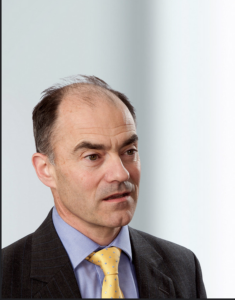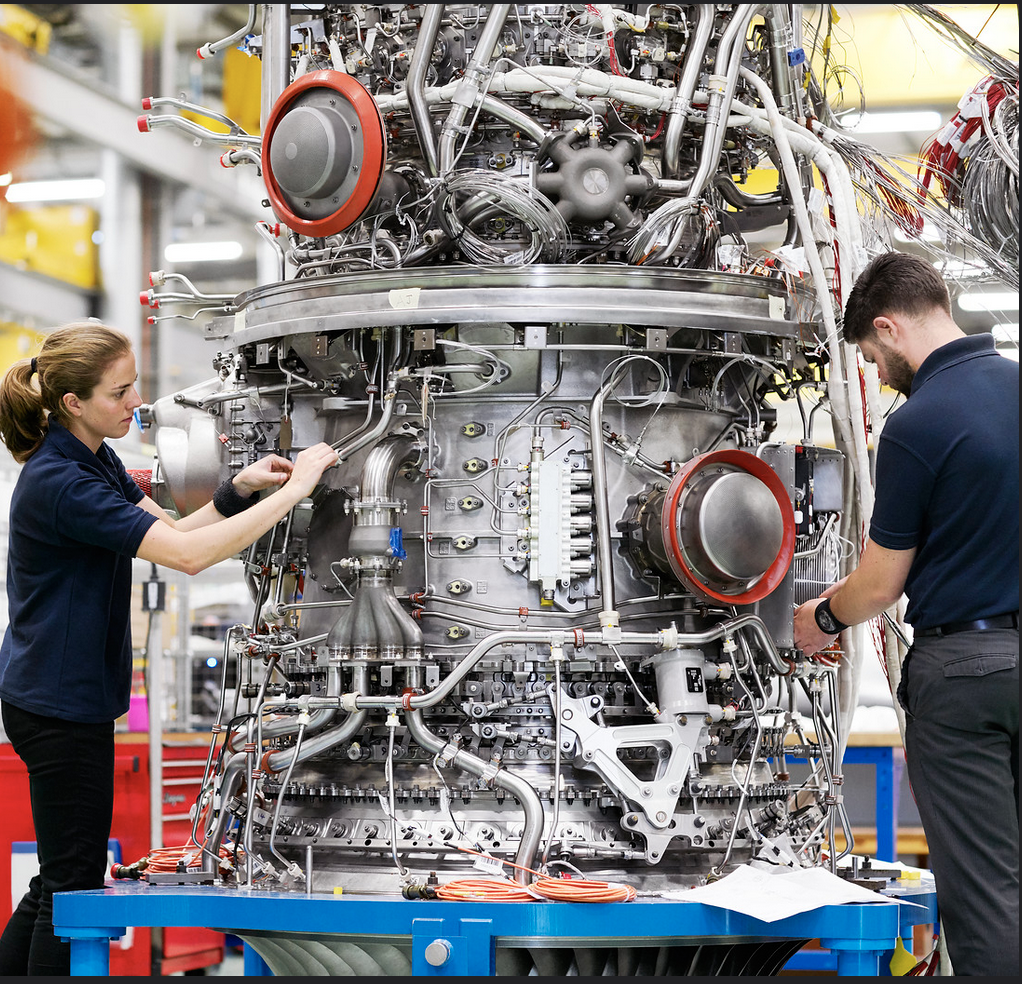Rolls-Royce says they have already taken action to strengthen the financial resilience of their business and reduce cash expenditures in 2020. However, they say it became increasingly clear that activity in the commercial aerospace market will take several years to return to the levels seen just a few months ago. As demand from customers is reduced for the civil aerospace engines and aftermarket services, they are now addressing these changes,.
“This is not a crisis of our making. But it is the crisis that we face and we must deal with it. Our airline customers and airframe partners are having to adapt and so must we,” says Warren East, Rolls-Royce, CEO. “Being told that there is no longer a job for you is a terrible prospect and it is especially hard when all of us take so much pride in working for Rolls-Royce. But we must take difficult decisions to see our business through these unprecedented times. Governments across the world are doing what they can to assist businesses in the short-term, but we must respond to market conditions for the medium-term until the world of aviation is flying again at scale, and governments cannot replace sustainable customer demand that is simply not there. We have to do this right, which means we will work closely with our employee and trade union representatives as appropriate, look at any viable alternatives to mitigate the impact, consult with everyone affected and treat our people with dignity and respect.”
are having to adapt and so must we,” says Warren East, Rolls-Royce, CEO. “Being told that there is no longer a job for you is a terrible prospect and it is especially hard when all of us take so much pride in working for Rolls-Royce. But we must take difficult decisions to see our business through these unprecedented times. Governments across the world are doing what they can to assist businesses in the short-term, but we must respond to market conditions for the medium-term until the world of aviation is flying again at scale, and governments cannot replace sustainable customer demand that is simply not there. We have to do this right, which means we will work closely with our employee and trade union representatives as appropriate, look at any viable alternatives to mitigate the impact, consult with everyone affected and treat our people with dignity and respect.”
Rolls-Royce is proposing a major reorganization. The company expect the loss of at least 9,000 positions from their workforce of 52,000. They say they will also “cut expenditure across plant and property, capital and other indirect cost areas.” The proposed reorganization is expected to generate annualized savings of more than £1.3bn ($1.59bn).
They say the proposed reorganization will predominantly affect their Civil Aerospace business. They say their Defense business, based in the UK and US, “has been robust during the pandemic, with an unchanged outlook, and does not need to reduce headcount.”
“The strategic choices that we have made over the last few years have helped us to respond rapidly to COVID-19 and the synergies between our divisions leave us well placed to capitalise on the long-term potential of our markets. The world on the other side of this pandemic will need the power that we generate to fuel economic recovery,” East added. “I absolutely believe the call for that power to be more sustainable will be stronger than ever. This plays to our strengths. We must ensure that we are able to continue to innovate and play our leading role in enabling the vital sectors in which we operate achieve net zero carbon emissions. We have emerged from troubled times before, to achieve incredible things. We will do so again.”
